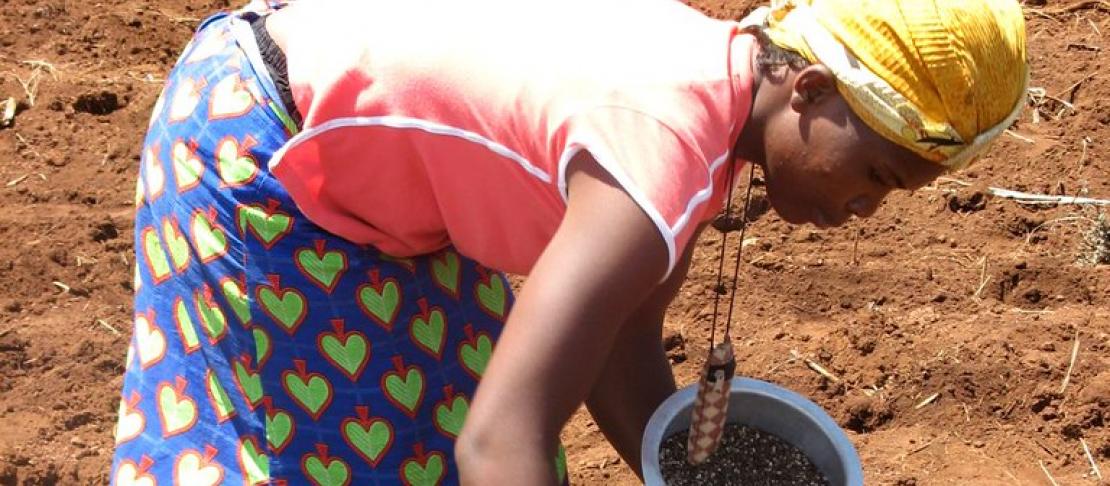Small, affordable fertilizer packages could increase yields in a risky business

Agriculture is risky, and getting increasingly so with changing weather patterns and degrading soils. A transformation of how we view agriculture is needed in order to meet the challenge of feeding 9 billion people by 2050, where every idea counts. One powerful idea on how to reduce the risk involved in agriculture while at the same time adapting to the needs and conditions of smallholder farmers was presented recently by The International Crops Research Institute for the Semi-Arid Tropics (ICRISAT) in the article Could thinking small be the next big thing in agricultural development? published in the Guardian. ICRISAT presented how the reduction in the fertilizer package sizes could make them not only more affordable but also reachable for smallholder farmers. Fertilizer use is limited in the developing world, where especially Africa stands out. There, farmers are said to produce 20% of their potential.
As farmers face more uncertain weather conditions, a range of tools are needed to help them boost yields and become more resilient. Micro-dosing with fertilisers can help increase productivity at a low cost. By applying small quantities of fertiliser directly to plant roots, farmers can use fertilizer more efficiently, and also minimize emissions of greenhouse gases which can result from fertilizer over-use.
The CGIAR Research Program on Climate Change, Agriculture and Food Security (CCAFS) promotes the concept of climate-smart agriculture in which micro-dosing of fertilizers is a part of. Micro-dosing is a technique where a small capful is applied to the roots and it has proven to increase yields. Read more about CCAFS work on “Adaptation to Progressive Climate Change”.
This story was co-written by Cecilia Schubert, Communications Assistant